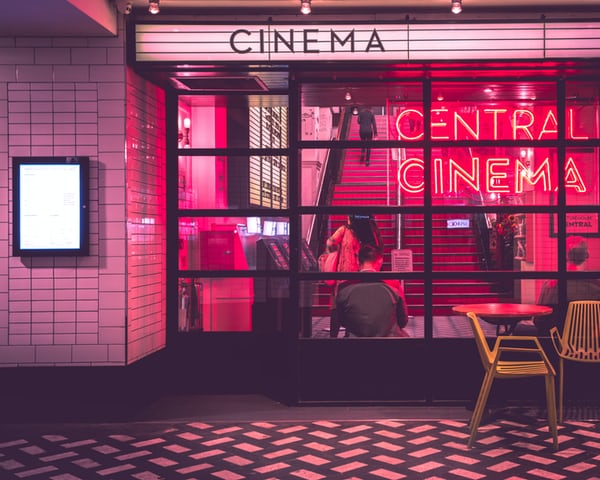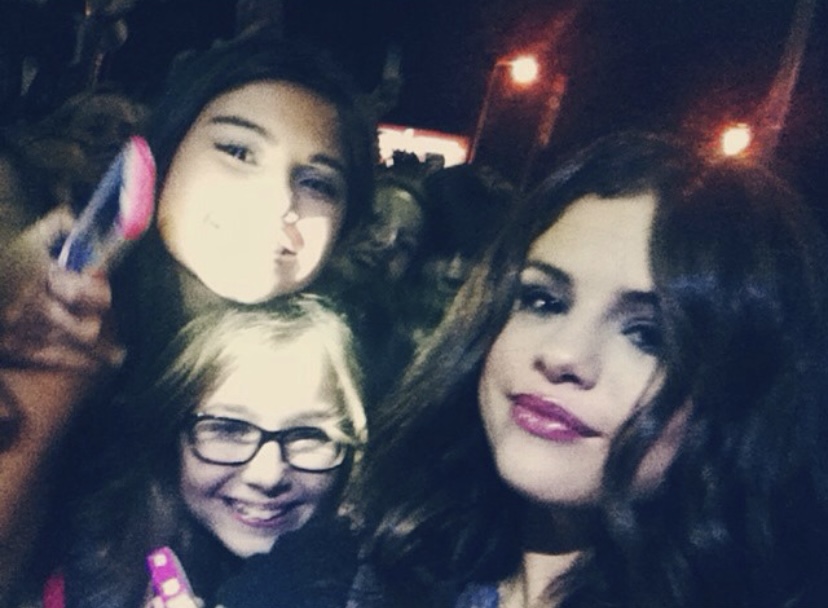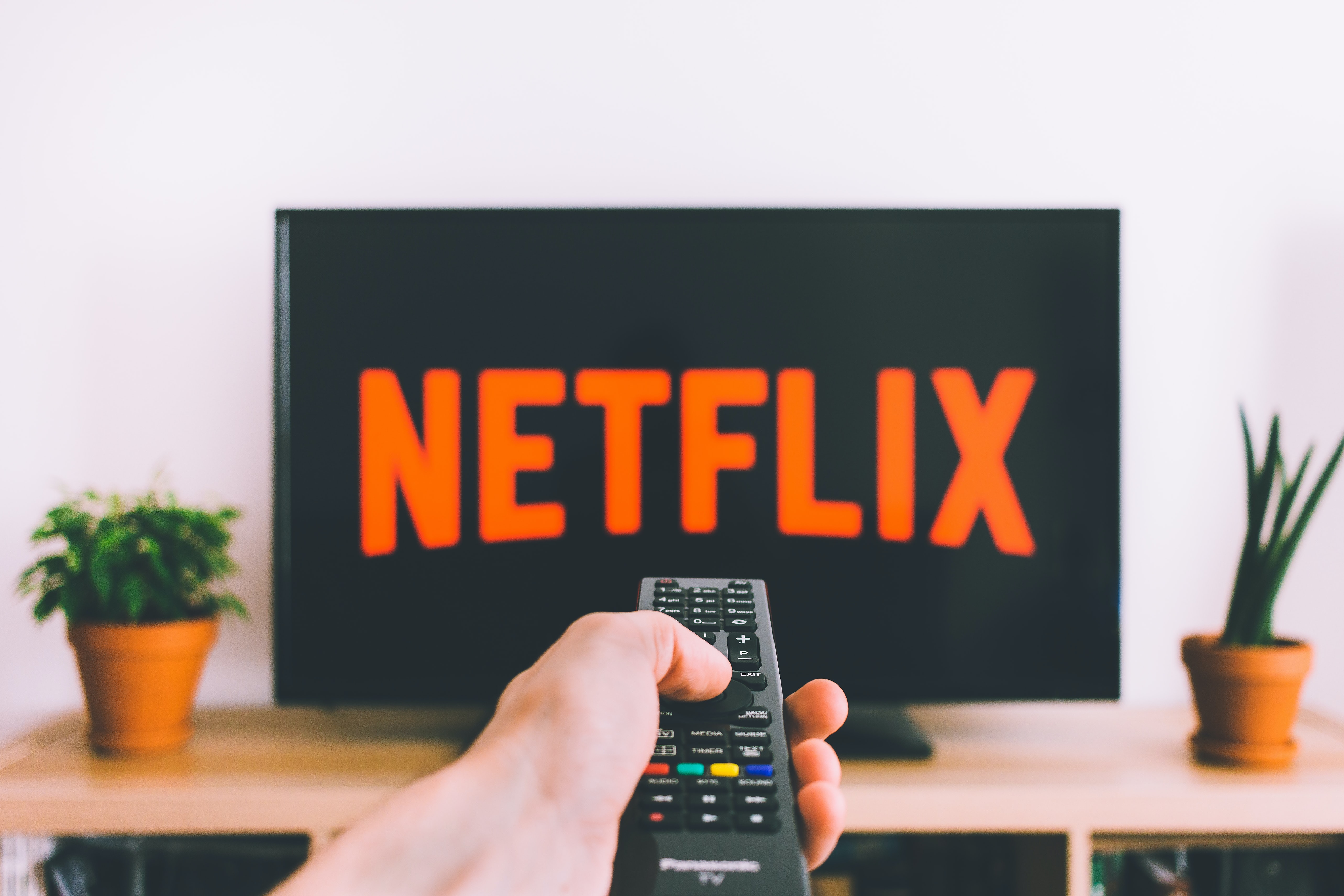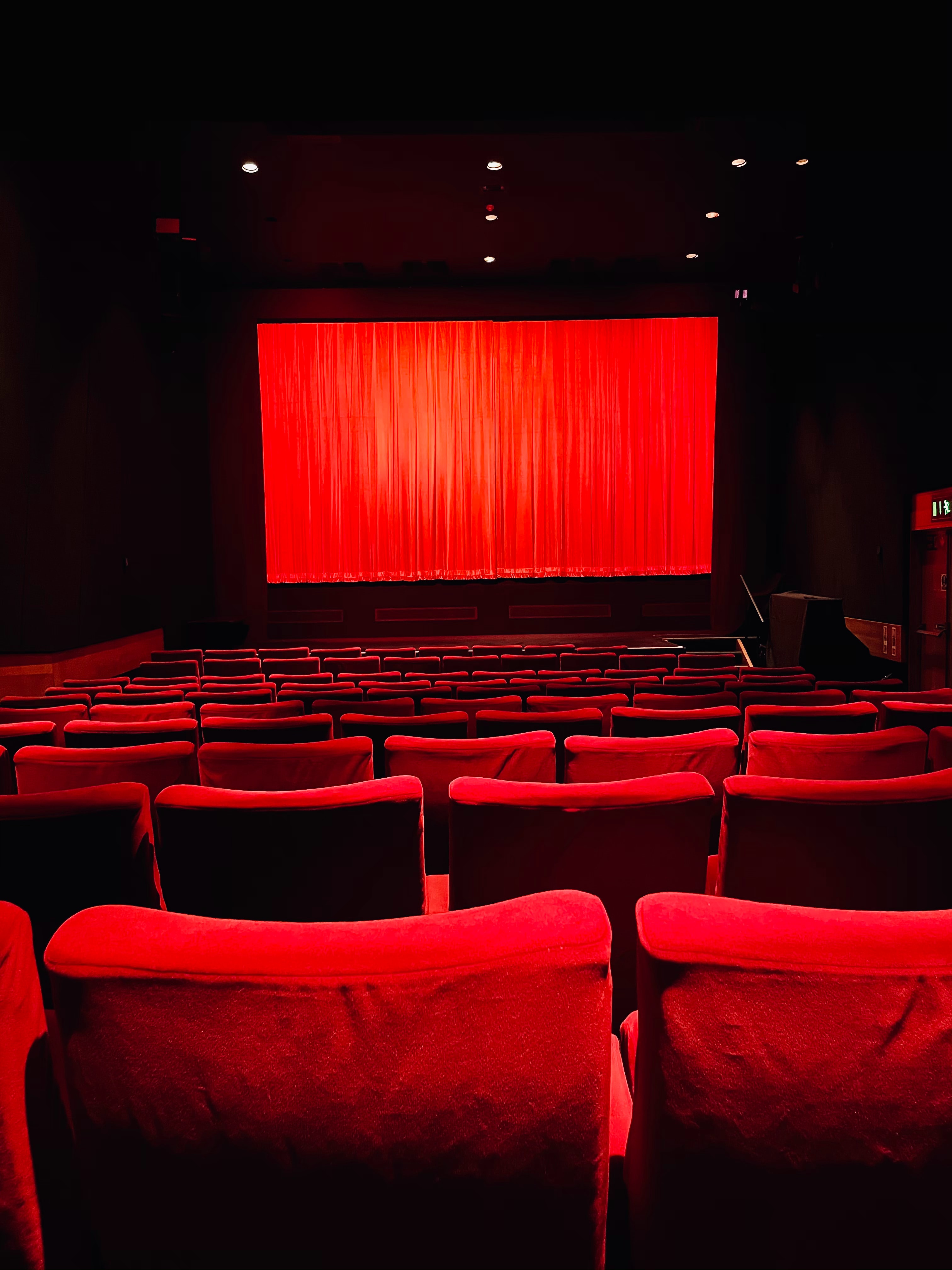How COVID-19 Changed Celebrity Culture & Cinema Forever

I still remember the day I met Selena Gomez at her concert when I was 15. I was teary-eyed and thought I had met the most important person in the entire world.
I had grown up watching her on Disney Channel, and I felt that I knew her. But meeting her made it very clear that I didn't. It wasn't just Disney stars that I idolized but also movie stars. I have always cherished going to the movie theatre and watching my favorite actors like Johnny Depp, Brad Pitt, and Angelina Jolie. I grew up an avid film lover in Atlanta and eventually got my undergraduate degree in film and media studies. I would religiously stay up and watch The Oscars and even the roundtable talks of all the categories. I loved it.
But the older I got, the less I idolized these actors and celebrities; it just felt a bit pointless and frankly a waste of time. The idea of idolizing celebrities then got even more bizarre when the pandemic hit. The movie theatres were closing, stars were stuck at home, and there were more serious problems at hand. The world's entire reality had shifted, and it put things into perspective, not just for me but for everyone.
I began to question why we put actors on this higher pedestal than other professions in the first place. Perhaps because movie theatre screens are wide and tall; they produce a feeling of grandness. You are watching the same faces on a vast screen repeatedly. There was also the smell of fresh buttered popcorn in the theatre and the feeling of coming together with others to view a film. All forms of cinema that can't be reproduced at home. And there's a component of elitism to stardom: red carpets, paparazzi, millions of social media followers.
When the pandemic unfolded, not only were there no events or regularity in daily life, we also had other aspects of that needed our attention. After weeks of anticipation and build-up, the pandemic took away the desire to pay $15 to go to the cinema — from trailers and advertisements to sitting in the movie theatre and watching "stars" on a big screen. I had this realization that the "screen" has gotten smaller and smaller throughout the years. As viewers, we have become more comfortable watching a film in our own homes and even on our phones.
The pandemic heavily shifted how we view celebrities and how we consume movies and television. In 2020 the highest-earning actors were paid by streaming services like Netflix, Hulu, and Amazon, not by your typical film studios producing blockbuster films. In 2020, The Rock, Ryan Reynolds, and Mark Wahlberg, the highest-paid actors, which Netflix paid for all three of their film deals. Another aspect of how cinema is changing is the number of choices we have at our disposal. I stumbled upon a podcast with Tony Robbins and John Foley, the CEO of Peloton, and Foley stated that all significant media are undergoing a massive shift because consumers want control and comfortability. He compared Peloton's business model to Netflix because they both brought pleasure into the home. People would rather have a wide range of movies to pick from than just four films in the theatre.
I am interested to see how celebrity culture and cinema are going to progress in the next five years. I will forever love movies and the aspect of coming together to see a film in a theatre. I am hopeful that some balance will be found. Still, it will be different moving forward, meaning movie theatres will eventually become obsolete, or at least the current version we have.
Theatres may enhance the experience with technical advancements like moving chairs and a more immersed experience. I even see the possibility for virtual reality being a part of the cinematic experience to mark the difference between streaming and the theatre experience. I also think it will depend on the country because, for example, in France, they love the experience of going to the movie theatre. That being said, I also think the future generations will put less idolization on celebrities and more honor on the art itself.
As I reflect on meeting Selena Gomez, I realize she was just another teenage girl like me. I no longer put celebrities on this much higher pedestal but instead find the humanity and similarity in everyone.










